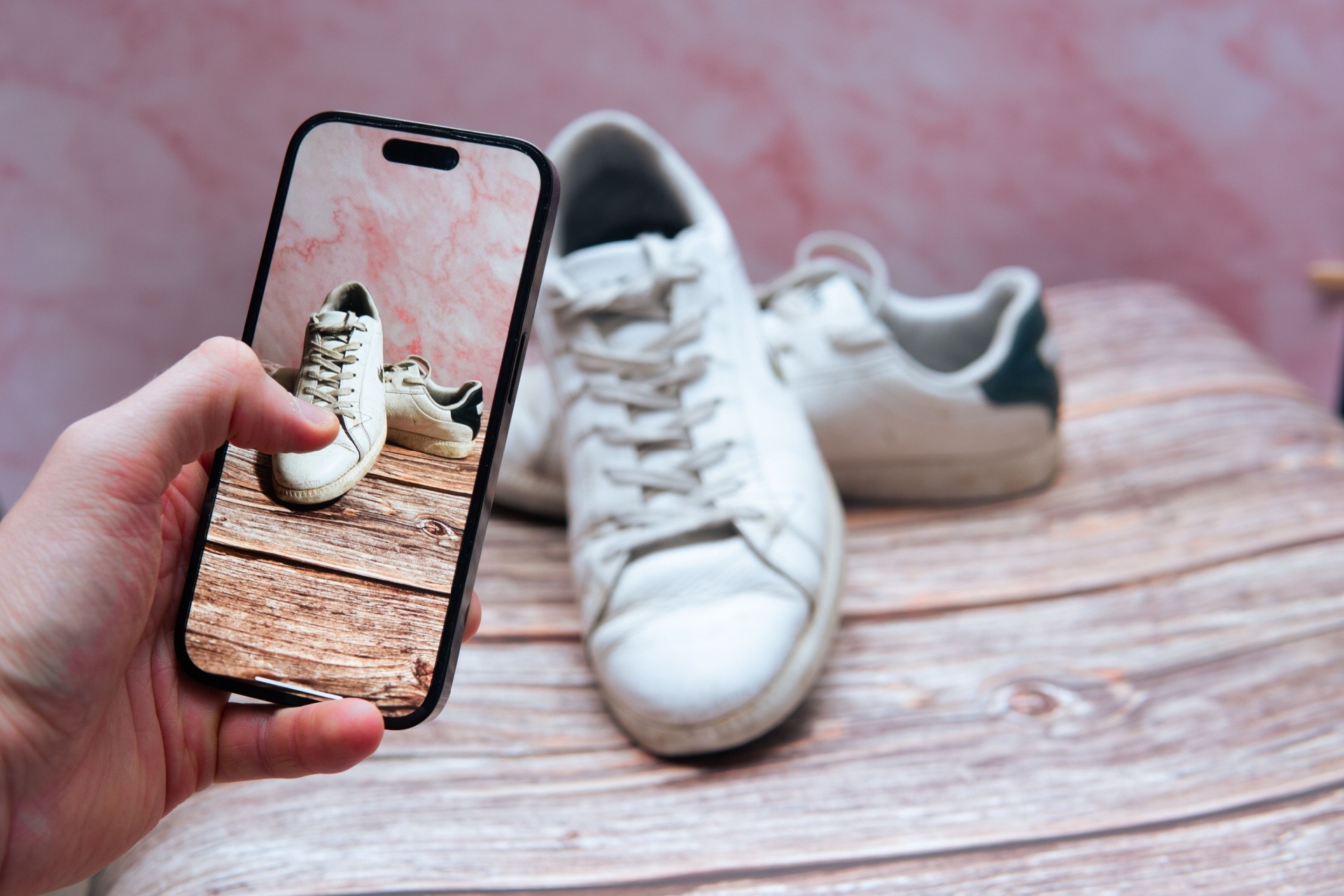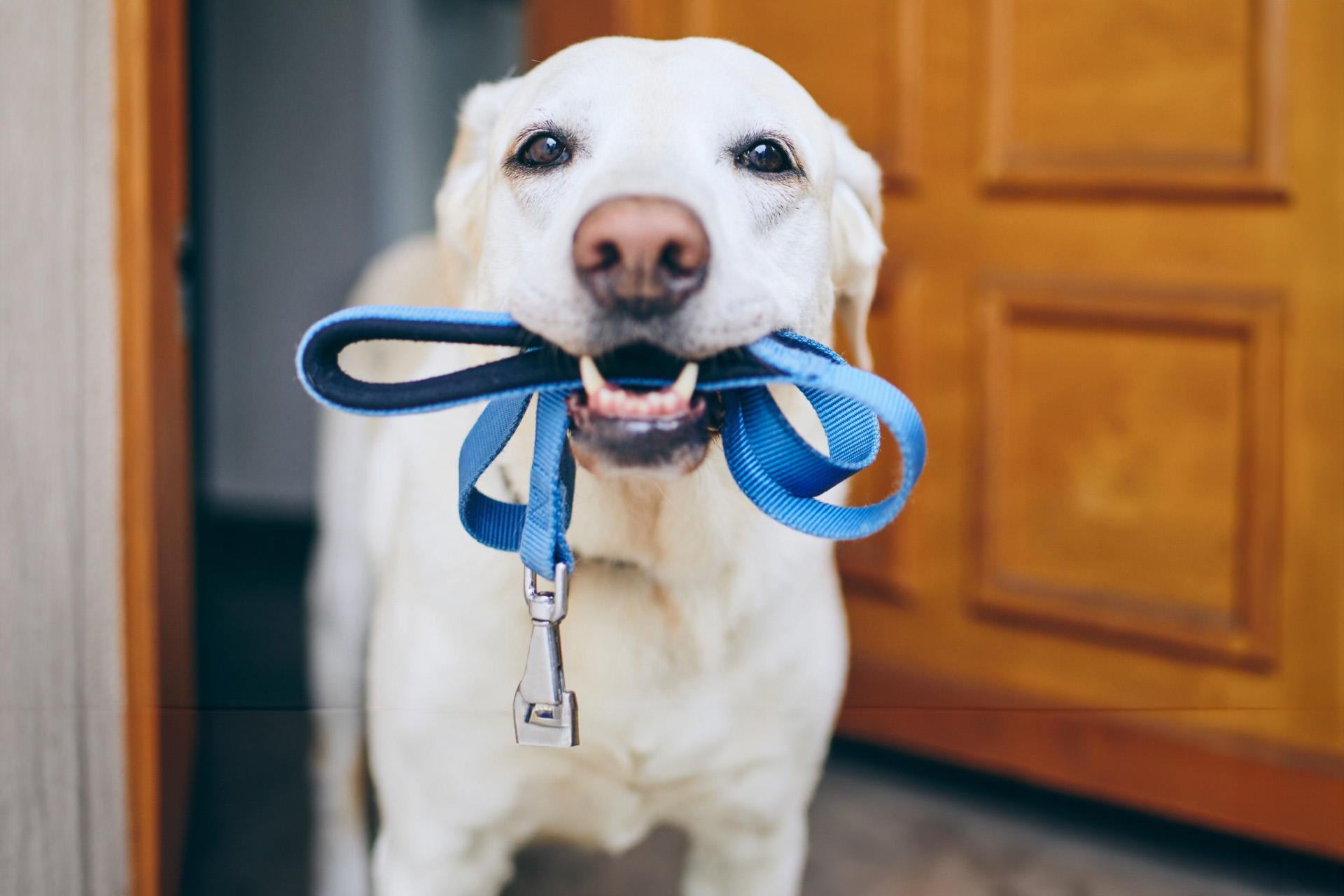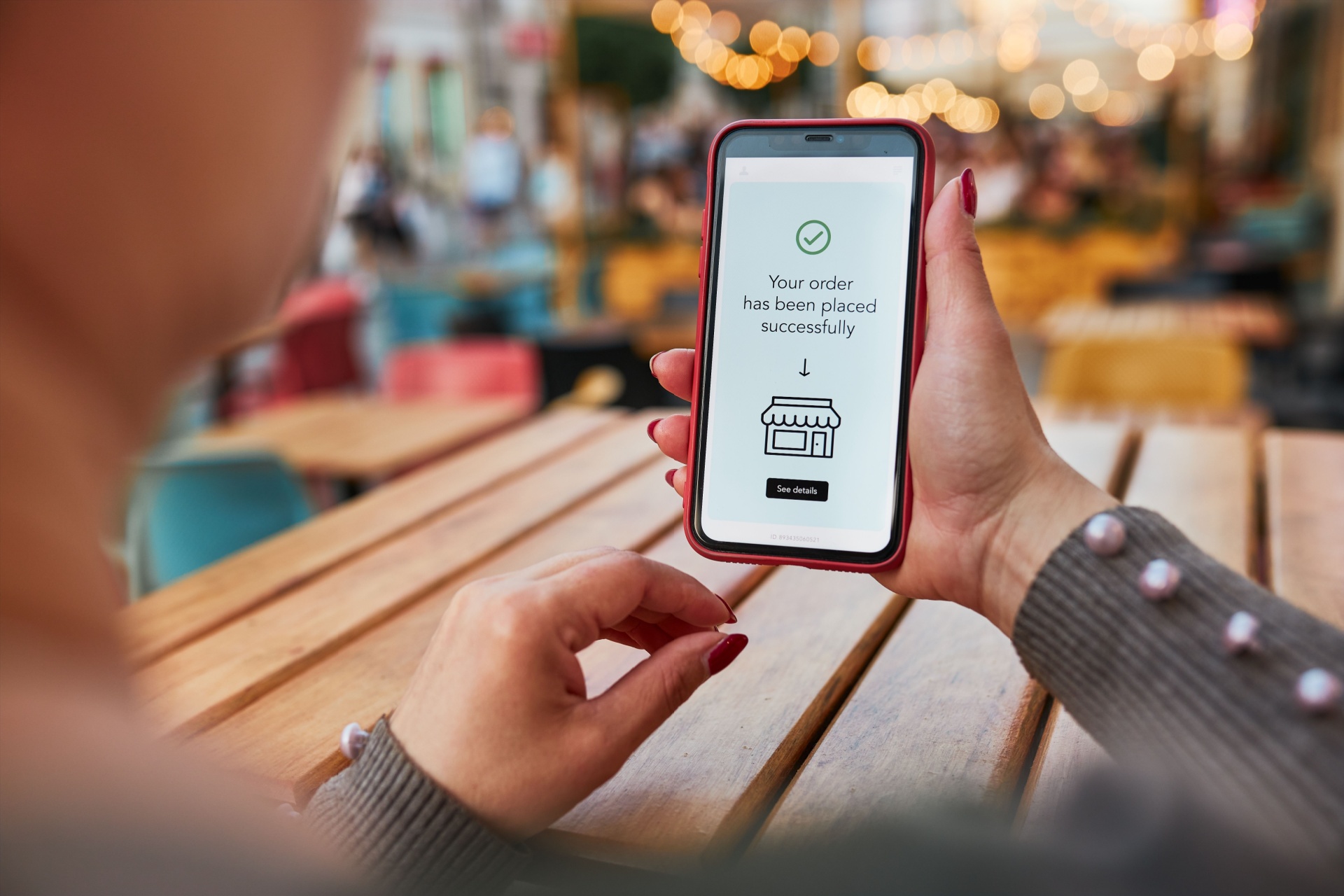Overview of Second-Hand Clothing Business
Have you ever looked at your overflowing closet and wondered what to do with all those clothes you no longer wear? Starting a second-hand clothing business might be the perfect solution for you.
It's a side hustle that allows you to turn your closet clutter into extra cash. By selling gently used clothes that are still in good condition, you can not only declutter your space but also make some money in the process. Plus, it's an environmentally friendly way to promote sustainability and reduce clothing waste.
Whether you're a fashion enthusiast or simply looking for a way to earn some extra income, starting a second-hand clothing business can be a rewarding venture. With the rise of online platforms dedicated to buying and selling pre-loved items, it has never been easier to get started. So, let's dive into how this side hustle works and discover the benefits and drawbacks associated with it.
How the Side Hustle Works
Starting a second-hand clothing business involves sourcing, curating, and selling pre-owned garments. Here's a simplified breakdown of how the side hustle works:
- Source Second-Hand Clothing: Begin by gathering second-hand clothing items from your own closet, friends, family, or even thrift stores. Look for pieces that are still in good condition, on-trend, or from popular brands.
- Curate and Organize: Once you have a collection of second-hand clothes, it's time to curate and organize them. Sort the items by category, size, and season to make it easier for potential buyers to browse through your collection.
- Set Prices: Determine fair and competitive prices for your second-hand clothing items. Consider the brand, condition, age, and demand for each piece. Research similar items on online marketplaces to get an idea of the going rates.
- Photograph and List: Take high-quality photos of your second-hand clothes, making sure to capture any unique details or selling points. Write accurate and compelling descriptions for each item, highlighting its features, condition, and any special attributes.
- Choose Selling Platforms: Select the online platforms where you want to sell your second-hand clothing. Popular options include dedicated clothing resale apps, online marketplaces like eBay or Depop, or even social media platforms like Instagram.
- Promote and Sell: Once your listings are live, promote your second-hand clothing business through social media, word of mouth, or by engaging with potential buyers on the platforms. Respond promptly to inquiries and negotiate prices if necessary.
By following these steps, you can start selling your second-hand clothing and turn it into a profitable side hustle.
Benefits of Starting a Second-Hand Clothing Business
Starting a second-hand clothing business offers several benefits that make it an appealing side hustle. Here are some of the main advantages:
- Extra Income: Selling second-hand clothing allows you to earn extra income without the need for a traditional job. You can set your own prices and determine how much time and effort you want to invest.
- Sustainable Fashion: By giving pre-owned clothes a new lease on life, you contribute to the sustainable fashion movement. It's an eco-friendly way to reduce clothing waste and promote a circular economy.
- Flexibility: As a side hustle, selling second-hand clothing offers flexibility in terms of when and where you work. You can manage your business from the comfort of your home and choose your own working hours.
- Creativity and Style: Building a collection of second-hand clothing allows you to express your creativity and personal style. You can curate a unique selection of items that reflect your fashion taste and attract like-minded customers.
- Networking Opportunities: Engaging with buyers and fellow sellers in the second-hand clothing community opens up networking opportunities. You can connect with fashion enthusiasts, collaborate with influencers, or even partner with local businesses.
These benefits make starting a second-hand clothing business an exciting and fulfilling venture.
Drawbacks of Starting a Second-Hand Clothing Business
While there are many advantages to starting a second-hand clothing business, it's important to be aware of the potential drawbacks. Here are some challenges you may encounter:
- Inventory Management: As your collection grows, managing inventory can become time-consuming. You'll need to keep track of items, update listings, and ensure clothes are stored properly to maintain their condition.
- Market Saturation: The second-hand clothing market can be competitive, especially for popular brands or trendy items. It may take some time and effort to attract buyers and stand out among other sellers.
- Pricing and Profit Margins: Determining the right prices for your second-hand clothes can be challenging. While you want to make a profit, you also need to consider market demand and competition. Some items may sell quickly, while others may require price adjustments.
- Time and Effort: Running a second-hand clothing business requires time and effort to source, curate, photograph, list, and promote your items. It's essential to dedicate sufficient time to manage your business effectively.
- Customer Expectations: Dealing with customer expectations and potential returns can be a challenge. Some buyers may have high expectations regarding the condition of second-hand clothes, so accurate descriptions and photos are crucial.
Despite these drawbacks, with proper planning and execution, you can navigate the challenges and create a successful second-hand clothing business.
Average Hourly Rate for Second-Hand Clothing Business
The average hourly rate for a second-hand clothing business can vary depending on various factors such as the quality of your items, the demand for certain brands, and your selling platform. While it's difficult to provide an exact figure, some sellers have reported earning an average of $15 to $30 per hour.
However, it's important to note that this rate is not guaranteed and can fluctuate based on market conditions, competition, and the effort you put into your business. Building a loyal customer base and consistently offering high-quality items can increase your chances of earning a higher hourly rate.
Remember, starting a second-hand clothing business is a side hustle, and the income generated may vary. It's essential to set realistic expectations and view it as a supplementary income rather than a full-time job.
Starting a selling Second-Hand Clothing Business
If you're ready to start your own second-hand clothing business, here's a step-by-step guide to get you started:
- Evaluate Your Inventory: Begin by going through your own closet and identifying clothes you no longer wear. Separate items that are still in good condition and suitable for resale.
- Expand Your Collection: Reach out to friends, family, or local thrift stores to gather more second-hand clothing items. Consider organizing clothing swaps with friends to exchange pieces and diversify your inventory.
- Research Selling Platforms: Explore different online platforms dedicated to selling second-hand clothing. Some popular options include Poshmark, ThredUp, Depop, eBay, and Facebook Marketplace. Each platform has its own features and target audience, so choose the ones that align with your business goals.
- Create Compelling Listings: Invest time in taking high-quality photos of your second-hand clothes and writing detailed and accurate descriptions. Highlight any unique features, such as designer labels, vintage pieces, or limited editions.
- Price Competitively: Research similar items on the chosen selling platforms to determine competitive prices. Consider the brand, condition, and demand for each item when setting your prices.
- Promote Your Business: Utilize social media platforms like Instagram or Facebook to promote your second-hand clothing business. Share your listings, engage with potential buyers, and leverage relevant hashtags to reach a wider audience.
- Provide Excellent Customer Service: Respond promptly to inquiries, process orders efficiently, and ensure the items are packaged securely for shipping. Building a positive reputation and receiving good reviews can boost your business.
By following these steps and consistently putting effort into your second-hand clothing business, you can establish a successful venture and turn your passion for fashion into a profitable side hustle.
Selling second-hand clothes: A summary
Starting a second-hand clothing business is a lucrative side hustle that allows you to declutter your closet and make extra cash. By sourcing, curating, and selling pre-owned garments, you can contribute to sustainable fashion while earning additional income.
While there are challenges such as inventory management and market competition, the benefits of flexibility, creativity, and networking opportunities make it a rewarding venture.
Remember to set realistic expectations and view it as a supplementary income. With dedication and a strategic approach, you can establish a thriving second-hand clothing business and transform your closet clutter into cash.
Some Other Side Hustles You May Be Interested In
Here are some other side hustles that you may want to read about:
Sign Up For The Hustle Report
Want to receive the latest cash-building tips, trending hustles, and expert insights to help bolster your monthly income?
Sign up for The Hustle Report, our weekly side hustle newsletter.






.png?width=50&height=50&name=download%20(1).png)


